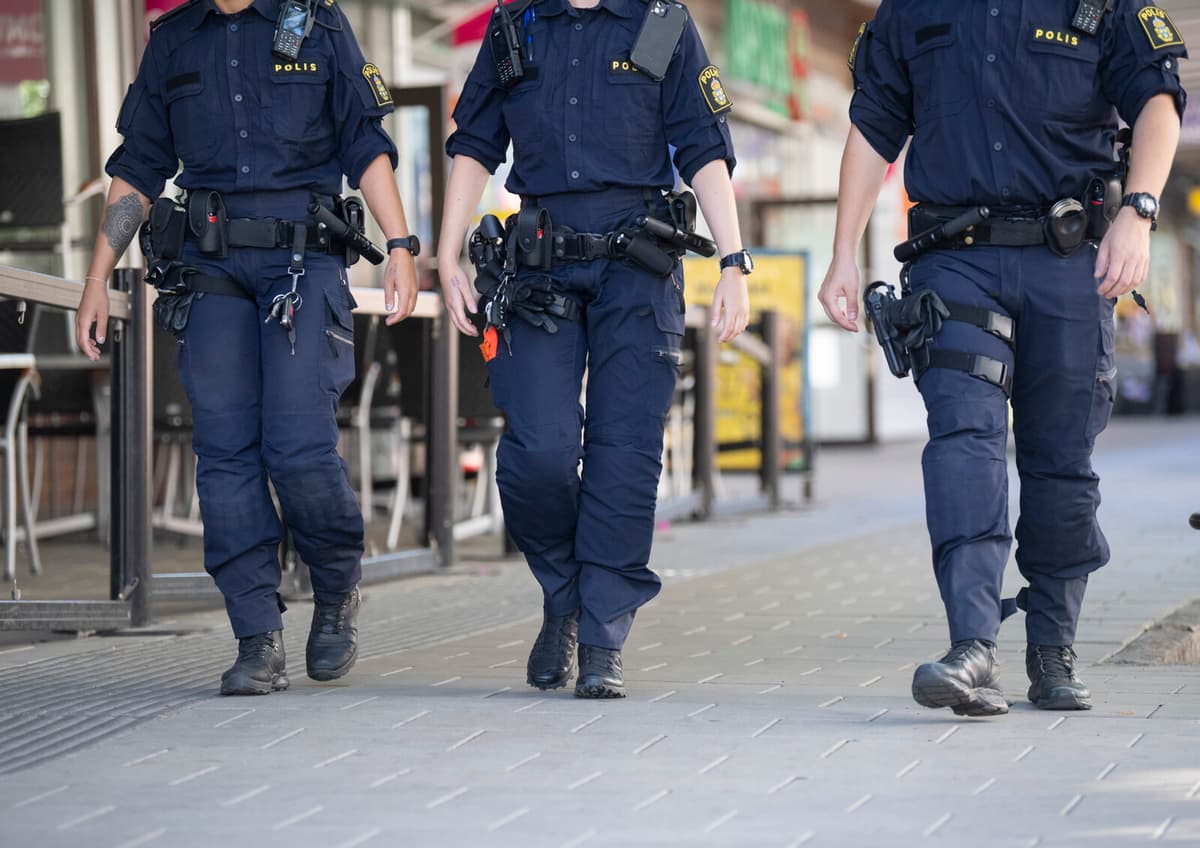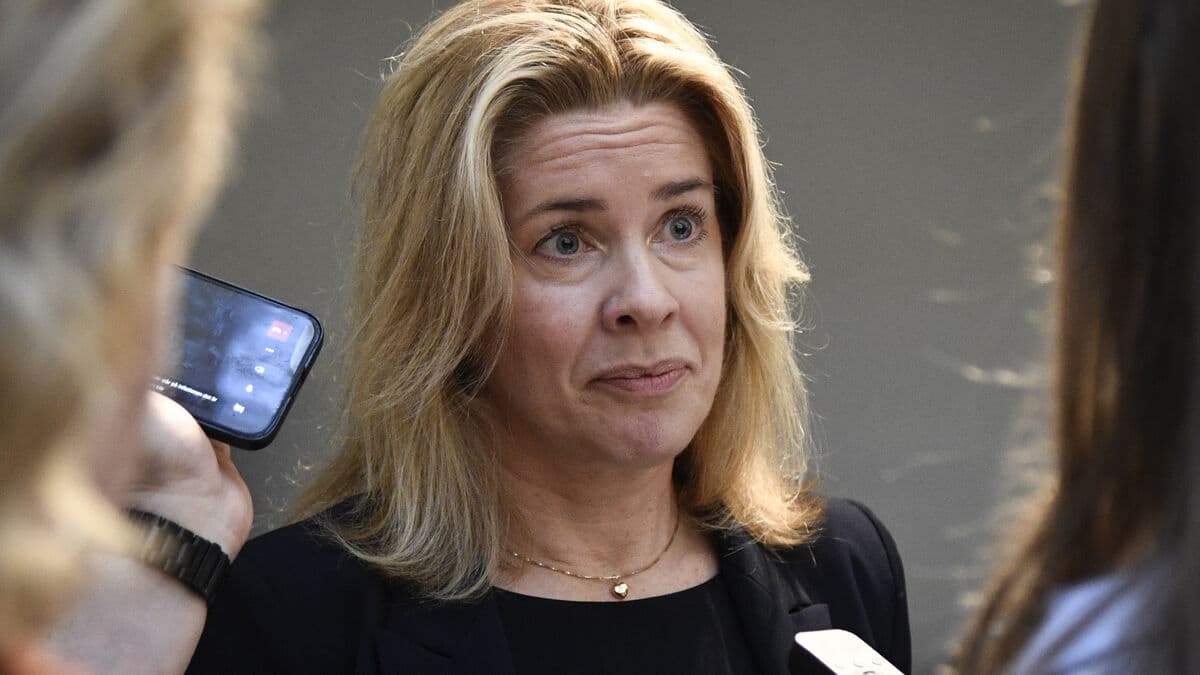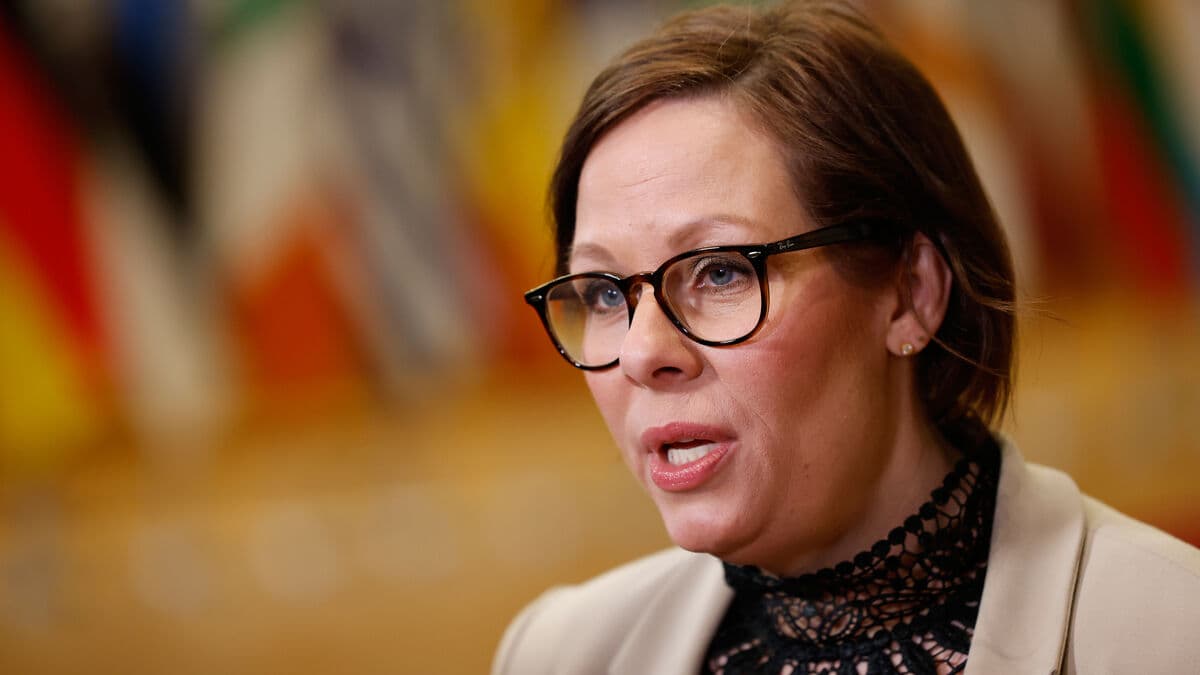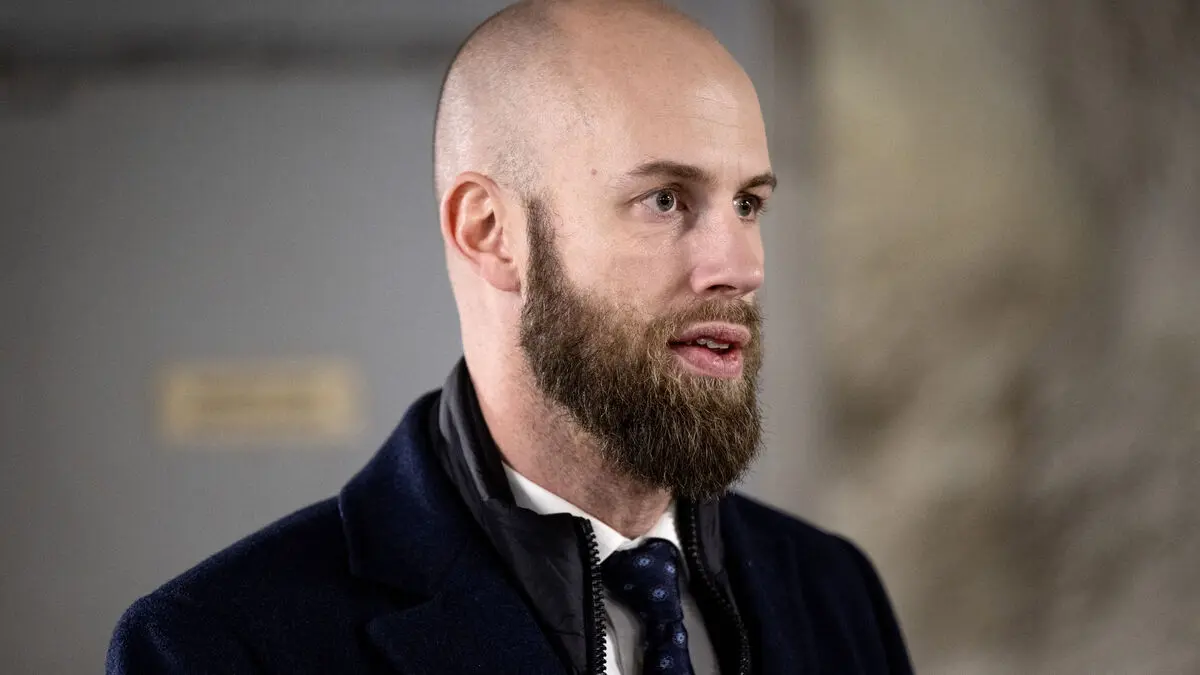Besides the police, it's about the Employment Service, the Social Insurance Agency, and the Prison and Probation Service.
These are authorities that can be expected to come into contact with people who may be relevant simply, says Minister for Migration Johan Forssell (M).
The governing parties want to increase voluntary repatriation and have decided that from 2026, they will significantly increase the repatriation grant from the current 10,000 kronor per person to 350,000 kronor.
The idea behind the information efforts next year is to increase awareness that the grant exists. Exactly how they will be carried out is up to the authorities to decide.
We don't micromanage. But it's about finding routines to inform about this opportunity, and that it's done more broadly than just the Migration Agency, says Forssell.
He emphasizes that it's about voluntary repatriation.
It can be people who haven't integrated into Sweden, or who long to go home in their old age, or who have experienced that life in Sweden didn't turn out as they thought, says Forssell.
The Migration Agency will report back to the government in September and then they want to know how the work is going and what results have been achieved.
Last year, only one person received a repatriation grant.
Sweden stands out compared to many other countries that have much higher repatriation rates. I think many don't even know that the opportunity exists. So it's clear that informing about it is important, says Forssell.
No major increase is expected next year, but first in 2026 when the amount is increased.






